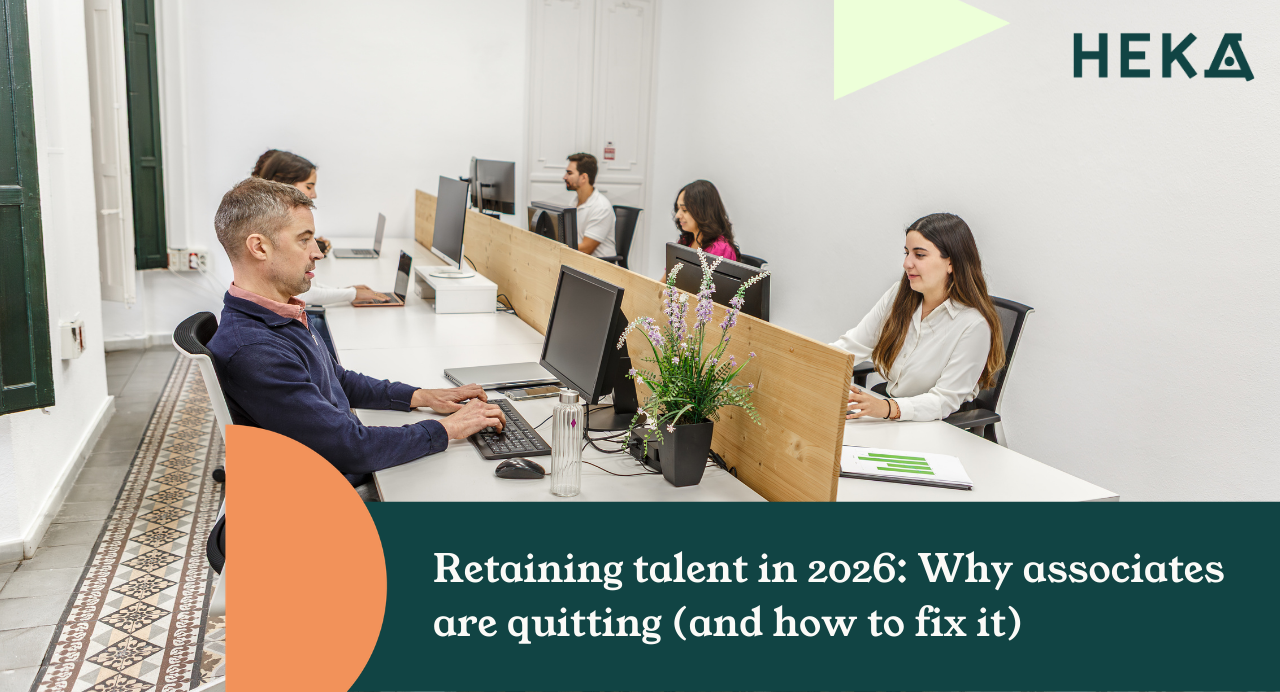A quick summary:
Written by Cath Harrison, Founder and CEO of JVP Group.
Wellbeing is a word that’s used so frequently these days that there’s a risk some people are almost tuning it out. But it’s impossible to overstate just how important it is. As you’re probably already well aware, it isn’t just employees themselves who benefit from positive wellbeing. There’s a huge amount of evidence, such as this research from Gallup, that shows the clear associations between a wellbeing culture, the effect it has on individual performance and engagement, and therefore the overall impact it has on productivity and on a company’s performance.
So given all that, it’s no surprise that an organisation’s approach to wellbeing is something that’s going to have an impact not only on current employees but on attracting potential job applicants too.
Wellbeing is a key part of the EVP
LinkedIn’s 2022 Global Talent Trends report “The Reinvention of Company Culture” found that there has been a 147% increase since 2019 in the share of job posts that mention wellbeing. It’s become a key part of the employee value proposition and is a vitally important component of what makes an organisation attractive to potential candidates. It could be the deciding factor in whether a candidate decides to choose one company over another.
And while there are shifts in the market right now with candidate availability rising, that certainly doesn’t mean organisations can take their eye off the ball when it comes to talking about wellbeing as part of their EVP. Candidates still want to join organisations that are clearly proactive when it comes to taking care of their people. If you’re recruiting, potential applicants will be taking a careful look at the type of culture you have, to work out if you really are an employer who will genuinely prioritise their wellbeing.
Would candidates know what you have to offer when it comes to wellbeing?
Wellbeing is a broad area; we often talk about it in terms of physical and mental wellbeing, but it’s all interconnected with areas including emotional, social and financial wellbeing. So a supportive approach from a company can have a positive impact in several ways. But something we often find is that while many companies are actually doing a lot of great work already when it comes to wellbeing, they aren’t articulating it as effectively as they could when they’re recruiting.
So if you’re keen to attract the right candidates, what should you think about to make sure it’s coming across loud and clear in your job adverts - and also in other places such as on your website, throughout your social media and anywhere else where you might be seen by the types of candidates you hope to attract?
1. Point to a strong wellbeing ethos
What’s your culture like? If you have an organisation where managers are encouraged to always demonstrate care and empathy, that’s a great start. You might have an approach that encourages wellbeing conversations between line managers and employees, and regular feedback and recognition. Perhaps you’ve trained all managers in knowing how to spot and respond to the signs of mental health problems by opening up conversations and taking a supportive and proactive approach to managing work volumes.
Throughout your recruitment marketing, highlight examples of what you have in place. This can include mentioning health and wellbeing policies you have and involvement in wellbeing awareness weeks for instance. Highlight videos and case studies that share the stories of how your company’s approach makes for a positive working environment.
2. Talk about health and wellbeing benefits and perks
What kinds of benefits and perks do you have in place that could really appeal to potential jobseekers? They can take many forms. Benefits such as private healthcare and employee assistance programmes are both very popular and certainly something to promote in your recruitment marketing. But there could be many other things that you’re doing in your organisation that will appeal to candidates – such as gym memberships, healthy food kits, financial wellbeing support, or purpose-driven perks like employee giving or volunteer time off - that will also help your organisation stand out.
3. Share your approach to flexibility
One significant area with a huge impact on wellbeing is your organisation’s approach to flexibility. Can you offer anything in relation to flexible work arrangements – location, or hours, or both? Being able to manage personal commitments and circumstances alongside work requirements is something that continues to be highly valued by job applicants. So if any forms of flexibility are available, make sure that’s clearly highlighted.
4. Encourage employees to tell their stories
Employee advocacy is a really powerful way to advertise that your company is a great place to work. The 2022 Global Talent Trends research mentioned earlier on found that employees who feel cared for are 3.7 times more likely to recommend working for the company. So consider what you could do to enable employees to share their own stories about why they value your organisation’s approach to supporting their wellbeing.
Showcasing that your company has an authentic wellbeing culture will position it as a really desirable place to work. And that will help you attract the best talent out there!
Credit: Cath Harrison is founder and CEO of JVP Group, a North Wales based company that specialises in job advertising and talent attraction and selection support services for employers across the UK.






